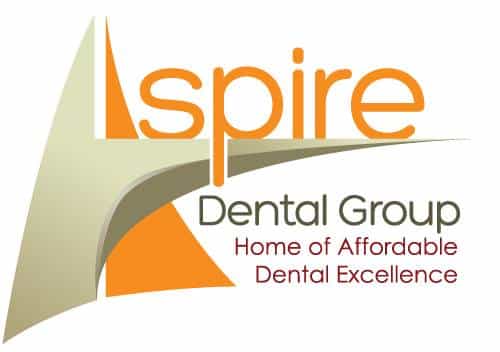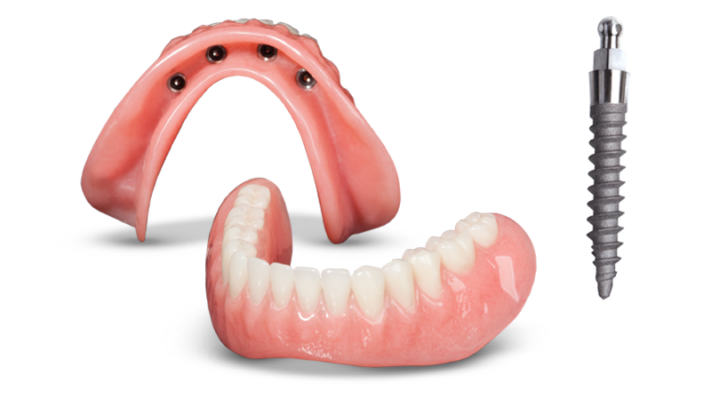How Can I Prevent Periodontal Disease?
In this video, Dr. Robert Harvey stresses the importance of preventive measures against periodontal disease. Regular brushing and flossing, along with professional cleanings, are crucial for optimal oral health.
Your role in preventing periodontal disease involves several key practices. Firstly, regular and thorough brushing of the teeth is paramount. It is essential to brush multiple times a day to effectively remove plaque and prevent the buildup of harmful bacteria. Personally, I adhere to a routine of brushing three times daily—once in the morning, once after lunch, and once after dinner.
Additionally, flossing is crucial for maintaining optimal oral hygiene. Neglecting to floss is akin to not brushing in between the teeth, allowing plaque and debris to accumulate in these hard-to-reach areas. Consistent flossing ensures the removal of food particles and plaque, reducing the risk of periodontal disease. Imagine if one were to floss infrequently, perhaps only once a month or less frequently. This neglect would be akin to brushing all teeth irregularly, resulting in compromised oral health.
Failure to address the spaces between the teeth through brushing or flossing can lead to the accumulation of plaque and bacteria, contributing to gum disease. Therefore, it is imperative to incorporate both brushing and flossing into one’s daily oral care routine. Additionally, regular visits to a dental professional are essential for addressing areas that may be inaccessible during routine oral hygiene practices. Professional cleanings can effectively target and remove plaque and tartar buildup, aiding in the prevention and treatment of gum disease.




